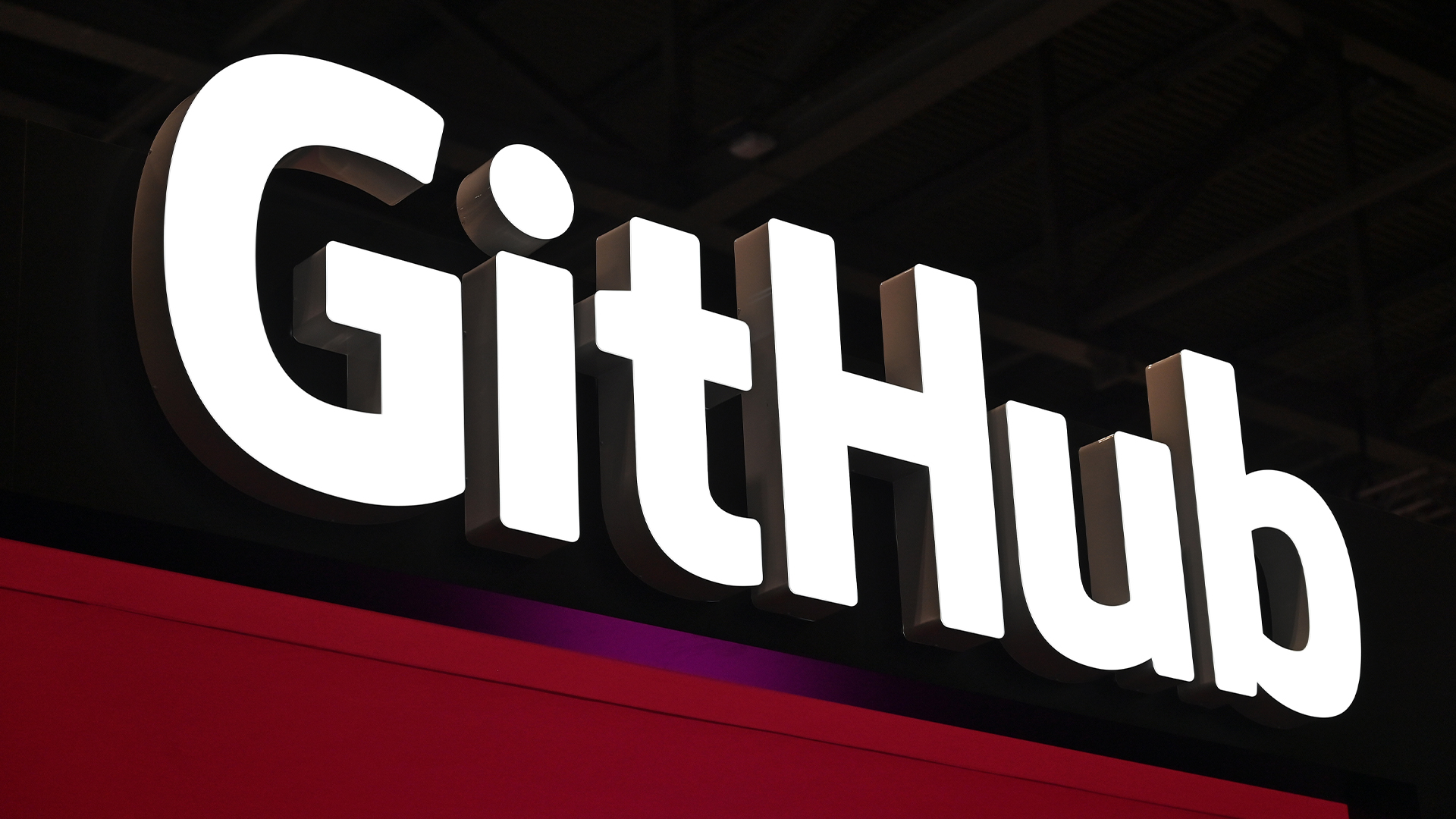BlueJeans closure highlights stifled state of post-COVID unified comms industry
Industry big hitters such as Microsoft, Zoom, and Google maintain somewhat of a stranglehold, research shows


Verizon’s recent announcement that it will begin decommissioning the BlueJeans communications and conferencing platform shows the pandemic-fueled remote work goldrush is coming to an end.
In early August, the firm issued a notice to users that the video conferencing platform will begin winding down. Verizon said at the time that the decision to decommission BlueJeans was due to a “changing market landscape” that made the continuation of the app untenable.
The decommissioning project will first see basic and free trial tiers closed down by 31 August. Meanwhile, other users will still be able to access services until December 2023.
“We want to share that we have made the difficult decision to sunset our suit of BlueJeans products,” the firm said in an email notice to users.
“BlueJeans is an award-winning product that connects our customers around the world, but we have made this decision due to the changing market landscape.”
Why is the BlueJeans platform closing?
Verizon’s announcement brings to a close more than 13 years of operations for BlueJeans, which launched officially in 2011 and was later acquired by the US communications giant in April 2020.
The acquisition came at a pivotal time for Verizon and the growing necessity of video conferencing - the first batch of global lockdowns in response to the surging COVID pandemic.
Sign up today and you will receive a free copy of our Future Focus 2025 report - the leading guidance on AI, cybersecurity and other IT challenges as per 700+ senior executives
Verizon invested heavily in the platform following the deal, but in recent months the platform appears to have fallen flat amid an increasingly competitive business landscape.
RELATED RESOURCE

Understand what to expect from an SIEM solution and how to tackle the top six myths about Security Information and Event Management.
DOWNLOAD FOR FREE
The dissipation of the pandemic, a return to office work for many companies globally, and deteriorating economic conditions would, at first glance, appear to be the primary cause for BlueJeans’ demise.
However, the unified communications as a service (UCaaS) industry is still experiencing impressive growth, research shows.
Analysis from IDC found that revenues in the market increased by 7.2% year-on-year to over $15 billion in Q1 2023. Similarly, for the full year, IDC anticipates that revenues are set to growth by 8.2%.
With impressive growth in the space, BlueJeans’ failures appear to lie firmly in the conditions under which industry stakeholders are operating.
What are analysts saying?
Major industry players like Zoom, Microsoft, and Google have built somewhat of a stranglehold in the space since the onset of the pandemic, according to Gary Barton, research director for enterprise technology and services at Global Data.
The reality is that the industry has become increasingly stifled and difficult to maintain growth in a battle against firms with deep pockets and a widening array of products.
“The UC market has grown at double-digit percentage rates since the end of the pandemic and will continue to do so until at least 2026, highlighting the ongoing strength in the market despite a gradual return to the office,” he said.
“Despite this growth, Microsoft’s decision to ‘give’ Teams away with its wider suite of services such as 365 and Dynamics has given it a crucial market advantage that has seen even Cisco and Zoom begin to suffer.”
Pointing specifically at Microsoft, Barton suggested that the “depth of its R&D resources” highlight the strained conditions that BlueJeans was forced to contend with.
Microsoft invested heavily in its 365 product line during the onset of the pandemic, positioning it as one of the leading suites during this period.
In recent months, Barton noted, the generative AI ‘boom’ and the firm’s investment in supporting users with tools such as the 365 AI copilot differentiated it and created difficult conditions for competitors to keep pace.
BlueJeans isn’t the only post-pandemic communications casualty reported in recent weeks.
Hopin, which achieved unicorn status off the back of a surge in pandemic-era business and was once valued at over $8 billion, sold its own digital events business for just $49 million.

Ross Kelly is ITPro's News & Analysis Editor, responsible for leading the brand's news output and in-depth reporting on the latest stories from across the business technology landscape. Ross was previously a Staff Writer, during which time he developed a keen interest in cyber security, business leadership, and emerging technologies.
He graduated from Edinburgh Napier University in 2016 with a BA (Hons) in Journalism, and joined ITPro in 2022 after four years working in technology conference research.
For news pitches, you can contact Ross at ross.kelly@futurenet.com, or on Twitter and LinkedIn.
-
 New Gemini features are coming to Gmail, but don't worry, you can switch them off – Google says they're not a 'forced requirement' and users can opt for the classic version
New Gemini features are coming to Gmail, but don't worry, you can switch them off – Google says they're not a 'forced requirement' and users can opt for the classic versionNews Google has announced plans for deeper AI integration within Gmail to help users automate inboxes, here's how to turn the features off.
-
 Google CEO Sundar Pichai thinks software development is 'exciting again' thanks to vibe coding — but developers might disagree
Google CEO Sundar Pichai thinks software development is 'exciting again' thanks to vibe coding — but developers might disagreeNews Google CEO Sundar Pichai claims software development has become “exciting again” since the rise of vibe coding, but some devs are still on the fence about using AI to code.
-
 GitHub is scrapping some Claude, OpenAI, and Gemini models in Copilot – here's what you need to know and what alternatives are available
GitHub is scrapping some Claude, OpenAI, and Gemini models in Copilot – here's what you need to know and what alternatives are availableNews GitHub Copilot users are urged to switch to the newer models following the retirement cut-off
-
 UK government programmers trialed AI coding assistants from Microsoft, GitHub, and Google – here's what they found
UK government programmers trialed AI coding assistants from Microsoft, GitHub, and Google – here's what they foundNews Developers participating in a trial of AI coding tools from Google, Microsoft, and GitHub reported big time savings, with 58% saying they now couldn't work without them.
-
 Salesforce says ‘Microsoft’s anticompetitive tying of Teams' harmed business in triumphant response to EU concessions agreement
Salesforce says ‘Microsoft’s anticompetitive tying of Teams' harmed business in triumphant response to EU concessions agreementNews Microsoft has agreed to make versions of its Office solutions suite available without Teams – and at a reduced price
-
 Google's new Jules coding agent is free to use for anyone – and it just got a big update to prevent bad code output
Google's new Jules coding agent is free to use for anyone – and it just got a big update to prevent bad code outputNews Jules came out of beta and launched publicly earlier this month, but it's already had a big update aimed at improving code quality and safety.
-
 This handy new Gmail feature is exactly what you need to clean up your inbox
This handy new Gmail feature is exactly what you need to clean up your inboxNews A simple change in Gmail will give users more control over repeat senders
-
 OpenAI's plan to acquire AI coding startup Windsurf ended in disaster – here’s how the deal fell apart
OpenAI's plan to acquire AI coding startup Windsurf ended in disaster – here’s how the deal fell apartNews The acquisition by Cognition comes after a rumored $3bn offer from OpenAI fell through

